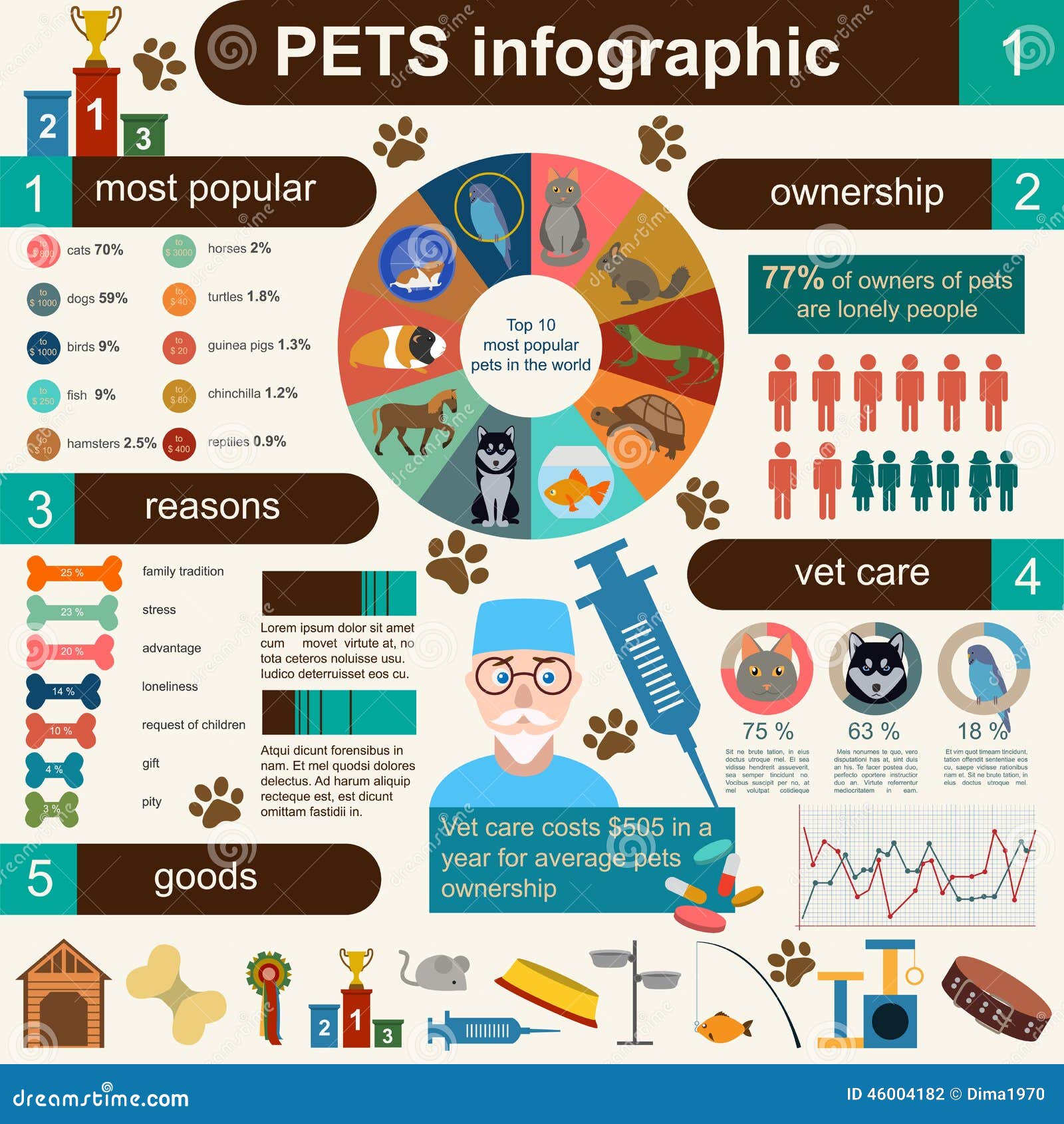Can Introverted Dogs Do Daycare
Can Introverted Dogs Do Daycare
Blog Article
What Vaccinations Are Required For Pet Day Care?
Whether your canines spend time at childcare or boarding centers, they need to be current on all of their required inoculations. Core injections include Bordetella, rabies and DA2PP, which defend against common conditions that pet dogs are exposed to when in close contact with others.
Non-core injections consist of canine influenza and leptospirosis shots. These are advised for puppies that join other pet dogs frequently.
Core Injections
As an essential part of preventive treatment, dog injections help keep pets safe from transmittable diseases sent through direct call or polluted surface areas. Vaccinations stimulate the body immune system to develop antibodies that combat condition, and most vets take into consideration core dog injections to be essential for all animals.
Rabies
A lot of trusted pet daycare facilities need that your pet dog be up to date on their rabies vaccination. Inoculations are administered to puppies as early as 12-16 weeks old, and boosters are required every 3 years or so until their adult years. Rabies is a deadly viral condition that spreads through saliva, usually from attacks. The majority of states require rabies vaccinations for all pet dogs and pet cats, and some also mandate rabies boosters for pet owners.
Distemper/Parvovirus/Adenovirus (DHPP).
This combination injection covers canine distemper, parvovirus, liver disease, and adenovirus, every one of which are very transmittable. Most veterinary offices provide DHPP injections as one shot or in a collection of 2 to 4 shots, offered 2-4 weeks apart, adhered to by an annual booster. This vaccine is a requirement for many boarding and doggy day care facilities, in addition to lots of groomers.
Bordetella/Canine Parainfluenza Vaccination.
Bordetella bronchiseptica, generally known as kennel cough, is a very contagious respiratory infection caused by the germs that triggers the condition. Signs and symptoms consist of relentless coughing, sneezing, nasal discharge, and high temperature. A lot of kennel coughing break outs happen in congested atmospheres, such as day care or boarding facilities, and are especially common in warmer weather. This vaccine is a requirement for most childcare and boarding centers, and is often supplied in a combination with the DHPP injection.
Leptospirosis Injection.
This is a bacterial disease that spreads out with contaminated water, dirt, and urine. Infection can trigger kidney and liver damages, along with fatality, and is transmissible to people. Many vets will certainly advise this vaccination, based on geographic location and way of living of the pet, for pets that hang out outdoors or at boarding centers, in addition to some groomers. This vaccination is typically administered as a series of 2 to 4 shots, spaced 2-4 weeks apart, with an annual booster required for the majority of pets.
Lyme Illness Vaccination.
The most common tick-borne illness in the USA, Lyme condition is transmitted by the deer dog boarding and kennels tick and can lead to fever, joint discomfort, muscular tissue discomfort, and anorexia nervosa. The Lyme disease vaccination protects against one of the most common strains of the virus, consisting of the H3N8 and H3N2 stress. Most vet facilities recommend this injection, specifically in risky areas, such as the Northeast, top Midwest, Mid-Atlantic, and along the Pacific coastline.
Noncore Vaccines.
Various other pet vaccines, while not required for all animals, are suggested based upon the pet's way of living and geographical area. These include the following:.